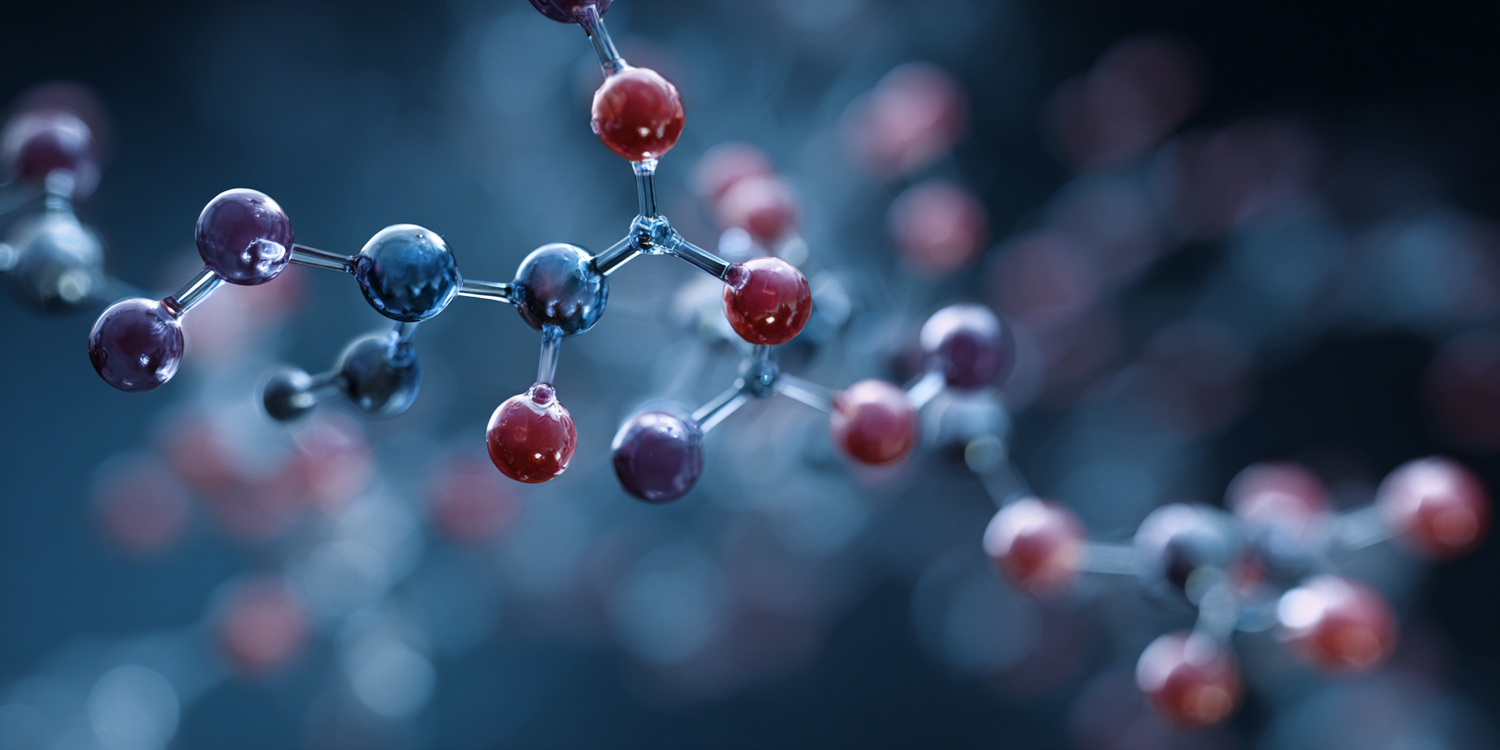소개
나토키나제 는 전통적인 일본 발효 콩 요리인 나토에서 추출한 강력한 효소로, 심혈관적 이점으로 주목을 받고 있습니다. 이 효소는 혈액 응고, 콜레스테롤 수치, 혈압 등 심장 건강 지표에 미치는 긍정적인 효과를 강조하는 수많은 임상 시험의 주제가 되었습니다. 그러나 나토키나제 보충제에서 비타민 K2를 제거하는 것에 대한 일반적인 의문이 제기됩니다. 이 기사에서는 나토키나제의 이점, 비타민 K2 제거의 이유, 이러한 변형의 의미에 대해 자세히 설명합니다.
나토키나제와 그 심혈관적 이점에 대한 이해
나토키나제는 섬유소 용해(혈전 용해) 활동으로 알려져 있으며, 심혈관 질환을 관리하고 예방하는 데 도움이 될 수 있습니다. 아래는 인간 무작위 대조 시험(RCT)에서 뒷받침하는 주요 이점 중 일부입니다.
-
혈압 감소 :
- 연구 결과 : 무작위 이중 맹검 위약 대조 시험에서 나토키나제 보충제가 고혈압 전단계 또는 1단계 고혈압 환자의 수축기 및 이완기 혈압을 모두 상당히 감소시키는 것으로 나타났습니다. 이 연구에서는 대조군과 비교했을 때 수축기 혈압이 -5.55mmHg, 이완기 혈압이 -2.84mmHg 순변화를 보였습니다 ( Kim et al., 2008 ) .
-
콜레스테롤 수치 개선 :
- 연구 결과 : 나토키나제 보충제는 콜레스테롤 수치 개선과 관련이 있습니다. 비당뇨 및 고콜레스테롤혈증 대상자에 대한 연구에 따르면 나토키나제 보충제는 콜라겐-에피네프린 폐쇄 시간(C-EPI CT), 프로트롬빈 시간(PT), 활성화된 부분 트롬보플라스틴 시간(aPTT)을 상당히 증가시켜 혈액 응고 인자에 유익한 효과가 있음을 나타냈습니다 ( Yoo et al., 2019 ) .
-
혈액 응고 :
- 연구 결과 : 나토키나제는 혈액 응고 과정에 영향을 미치는 것으로 나타났습니다. 서신에 인용된 임상 연구에서는 NSK-SD 2000 FU(특허받은 나토키나제 버전)를 단회 투여하면 건강한 피험자의 혈액 응고에 영향을 미쳤지만 수치는 정상 범위 내에 머물렀습니다 ( Tsukamoto et al., 2009 ) .
나토키나제 보충제에서 비타민 K2가 제거된 이유
비타민 K2는 뼈 건강과 심혈관 건강을 포함한 다양한 건강 측면에 유익하지만, 여러 가지 이유로 나토키나제 보충제에서는 제거되었습니다.
-
혈액 응고 고려 사항 :
- 항응고제와의 상호작용 : 비타민 K2는 혈액 응고에 중요한 역할을 합니다. 보충제에 비타민 K2가 들어 있으면 나토키나제의 혈액 응고 효과가 복잡해질 수 있으며, 특히 자렐토와 같은 항응고제를 복용하는 사람에게 그렇습니다. 비타민 K2를 제거하면 혈액 응고 과정에 영향을 줄 수 있는 잠재적인 부작용을 피하는 데 도움이 됩니다.
-
안전성 및 효능 :
- 임상적 안전성 : 비타민 K2를 제거함으로써 나토키나제 보충제는 더 광범위한 사용자, 특히 이미 혈액 응고 방지 약물을 복용하고 있는 사용자에게 안전하게 유지됩니다. 이는 비타민 K2가 없는 특허받은 NSK-SD 버전의 나토키나제가 부작용 없이 혈액 응고에 영향을 미치는 데 효과적이고 안전하다는 것이 입증된 임상 연구에서 강조되었습니다 ( Venge et al., 1996 ) .
결론
나토키나제 보충제는 혈압 감소 및 혈액 응고 프로필 개선을 포함하여 상당한 심혈관 이점을 제공합니다. 이러한 보충제에서 비타민 K2를 제거하는 것은 주로 항응고제를 복용하는 개인의 안전을 보장하기 위한 것입니다. 이러한 조정을 통해 사용자는 혈액 응고와 관련된 부작용의 위험 없이 나토키나제의 치료 효과의 이점을 누릴 수 있습니다.
참고문헌
-
김정주, 금성연, 백정주, 임현희, 김경주, 오가사와라 케이, 이노우에 케이, 박성수, 장영희, 이정희(2008). 혈압에 미치는 나토키나제의 효과: 무작위 대조 시험. 고혈압 연구 , 31, 1583-1588.
-
유희열, 김민지, 김민지, 이아영, 진창, 이SP, 김TS, 이SH, 이정현(2019). 비당뇨병 및 고콜레스테롤혈증 환자에서 나토키나제 보충이 콜라겐-에피네프린 폐쇄시간, 프로트롬빈 시간 및 활성화 부분 트롬보플라스틴 시간에 미치는 영향. 식품 및 기능 , 10(5), 2888-2893.
-
Tsukamoto, O., Fujita, M., Kato, M., Yamazaki, S., Asano, Y., Ogai, A., Okazaki, H., Asai, M., Nagamachi, Y., Maeda, N., Shintani, Y., Minamino, T., Asakura, M., Kishimoto, I., Funahashi, T., Tomoike, H., & Kitakaze, M. (2009). 나트륨이뇨펩타이드는 인간 지방세포와 만성 심부전 환자에서 아디포넥틴 생성을 증가시킨다. Journal of the American College of Cardiology , 53(22), 2070-2077.
-
Venge, P., Pedersen, B., Håkansson, L., Hällgren, R., Lindblad, G., & Dahl, R. (1996). 만성 기관지염 환자의 감염성 악화 횟수를 줄이는 히알루론산의 피하 투여. American journal of respiratory and critical care medicine .





